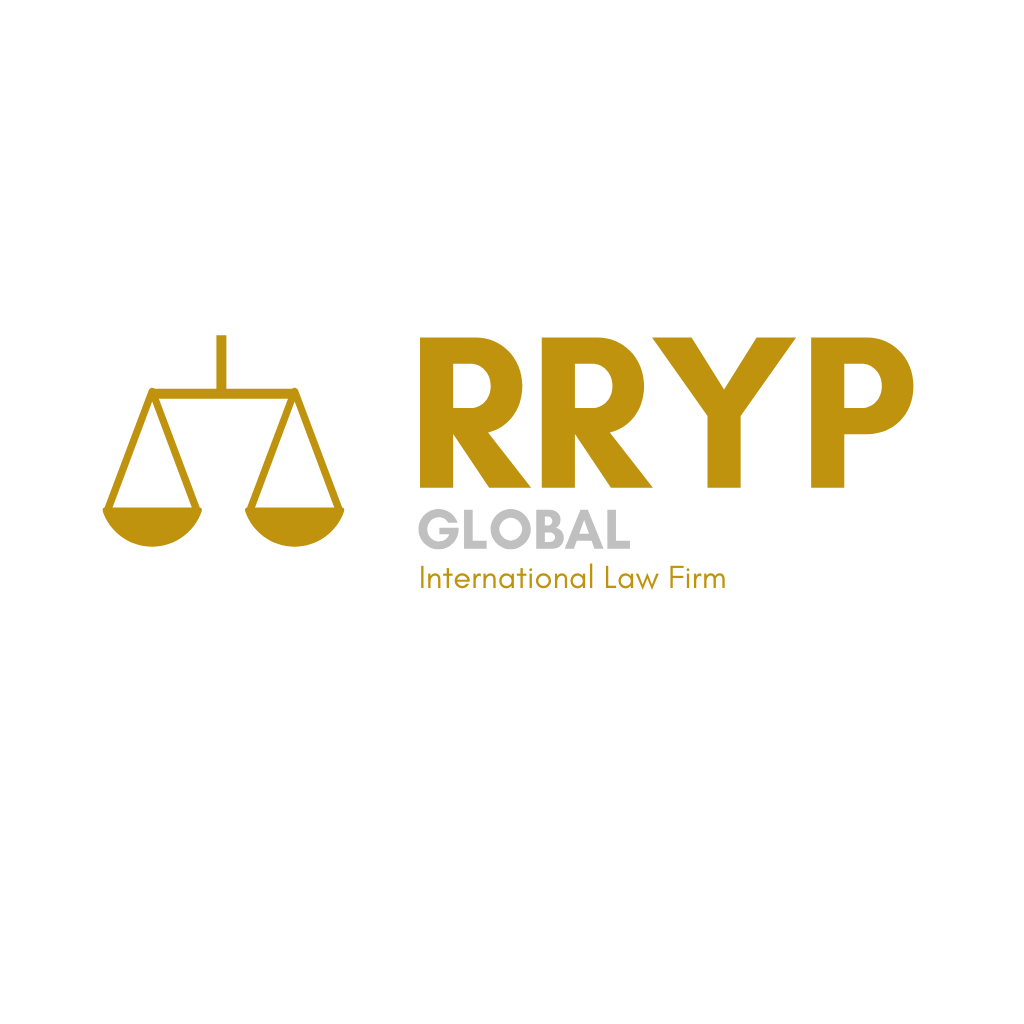Best International Trade Law Lawyers in Spain
Share your needs with us, get contacted by law firms.
Free. Takes 2 min.
Or refine your search by selecting a city:
List of the best lawyers in Spain
About International Trade Law in Spain
International Trade Law in Spain encompasses the regulations and agreements that Spanish businesses, individuals, and government entities must follow when engaging in trade across international borders. Spain, as a member of the European Union, adheres to EU trade laws and regulations, which provide a framework for the import and export of goods and services, tariffs, customs, and trade relations with countries outside the Union. The Spanish legal system also includes national legislation to manage and facilitate international trade practices, ensuring compliance with both domestic and international legal standards.
Why You May Need a Lawyer
Legal assistance in International Trade Law may be necessary in several situations, such as:
- Negotiating and drafting international sales contracts.
- Navigating import/export regulations and customs compliance.
- Resolving cross-border disputes and litigation.
- Understanding and applying international trade agreements and tariffs.
- Adhering to regulations regarding trade sanctions and export controls.
- Protecting intellectual property rights in foreign markets.
- Managing legal aspects of international logistics and transportation.
A lawyer specialized in International Trade Law can provide invaluable insights, protect your interests, and ensure compliance with relevant laws and regulations.
Local Laws Overview
Key aspects of local laws in Spain that are pertinent to International Trade Law include:
- EU Regulations: As an EU member, Spain follows regulations such as the Union Customs Code, which standardizes customs procedures across member states.
- Spanish National Legislation: Laws specific to trade, such as the Spanish Foreign Trade Law, govern the import and export of goods and services.
- Tariffs and Duties: Spain implements the Common Customs Tariff of the European Union for imports from non-EU countries.
- International Trade Agreements: Spain adheres to agreements negotiated by the EU, such as those with the WTO.
- Intellectual Property Protection: Spain enforces EU-wide regulations on intellectual property rights to safeguard businesses.
Frequently Asked Questions
1. What is the role of the European Union in Spain's trade laws?
The European Union sets a framework for trade laws that all member states, including Spain, must follow, encompassing customs duties, trade agreements, and market regulations.
2. How can a lawyer assist with customs compliance in Spain?
A lawyer can help ensure that all import/export activities comply with the Union Customs Code and Spanish regulations to avoid penalties or legal issues.
3. Are there special considerations for exporting goods from Spain?
Yes, exporters must comply with EU export regulations, including obtaining any necessary licenses, and adhere to international trade standards.
4. What should businesses know about international sales contracts?
International sales contracts should incorporate Incoterms, specify the governing law, and clearly outline the responsibilities of each party to avoid disputes.
5. How does Spain handle trade disputes?
Spain resolves trade disputes through the national courts or arbitration, with some cases referred to the Court of Justice of the European Union if EU law interpretation is required.
6. What are the implications of trade sanctions on Spanish companies?
Spanish companies must comply with EU-imposed trade sanctions, which may restrict transactions with specific countries or individuals, and failure to comply can result in sanctions or fines.
7. Are there specific regulations for digital services traded internationally?
Yes, the EU's Digital Single Market policies apply to digital services, including cross-border delivery, geo-blocking, and data protection standards.
8. Can a lawyer help with intellectual property issues in Spain?
Yes, a lawyer can provide guidance on protecting intellectual property rights in international contexts through registrations, enforcement actions, and compliance with international treaties.
9. What role does the World Trade Organization (WTO) play in Spain's trade laws?
The WTO framework influences Spain's trade policies as the EU negotiates trade agreements consistent with WTO rules on behalf of its member states.
10. How are tariffs determined when importing to Spain from non-EU countries?
Tariffs are determined based on the Common Customs Tariff, encompassing duties applied to goods imported from non-EU countries, sometimes influenced by free trade agreements.
Additional Resources
For additional information and assistance, consider consulting the following resources:
- Spanish Ministry of Industry, Commerce and Tourism: For information on trade regulations and policies.
- European Commission - Trade: Offers insights into EU trade policies affecting Spain.
- Chambers of Commerce in Spain: Provide local support for businesses engaged in international trade.
- World Trade Organization (WTO): For an understanding of global trade rules and Spain's commitments.
Next Steps
If you need legal assistance in International Trade Law, consider the following steps:
- Identify your specific needs and the aspects of law where you need assistance.
- Research and choose a lawyer or law firm specialized in International Trade Law with experience in Spain.
- Prepare all relevant documents and information related to your legal issue.
- Schedule a consultation to discuss your case and obtain professional legal advice tailored to your situation.
Seeking professional guidance will help you navigate complex legalities confidently and safeguard your business interests in international trade.
Lawzana helps you find the best lawyers and law firms in Spain through a curated and pre-screened list of qualified legal professionals. Our platform offers rankings and detailed profiles of attorneys and law firms, allowing you to compare based on practice areas, including International Trade Law, experience, and client feedback.
Each profile includes a description of the firm's areas of practice, client reviews, team members and partners, year of establishment, spoken languages, office locations, contact information, social media presence, and any published articles or resources. Most firms on our platform speak English and are experienced in both local and international legal matters.
Get a quote from top-rated law firms in Spain — quickly, securely, and without unnecessary hassle.
Disclaimer:
The information provided on this page is for general informational purposes only and does not constitute legal advice. While we strive to ensure the accuracy and relevance of the content, legal information may change over time, and interpretations of the law can vary. You should always consult with a qualified legal professional for advice specific to your situation.
We disclaim all liability for actions taken or not taken based on the content of this page. If you believe any information is incorrect or outdated, please contact us, and we will review and update it where appropriate.
Browse international trade law law firms by city in Spain
Refine your search by selecting a city.















